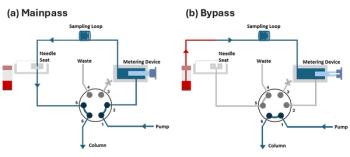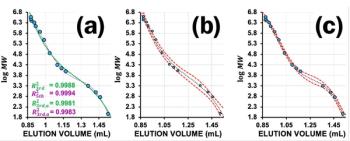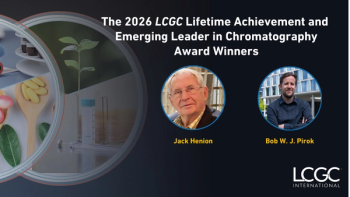
Morning Session: Environmental I
This morning session, which is chaired by X. Chris Lee of the University of Alberta, Canada, and starts at 8:30 a.m., will explore advances in high performance liquid chromatography and mass spectrometry for various aspects of environmental analysis, including new work being done by researchers in North America and Asia.
This morning session, which is chaired by X. Chris Lee of the University of Alberta, Canada, and starts at 8:30 a.m., will explore advances in high performance liquid chromatography and mass spectrometry for various aspects of environmental analysis, including new work being done by researchers in North America and Asia.
Keynote lecturer Susan Richardson of the University of South Carolina will kick off the session with a talk on the state of the art in chromatography and mass spectrometry methods for the analysis of emerging environmental contaminants.
Xing-Fang Li of the University of Alberta, Canada, will then deliver another keynote talk on integrating the power of chromatography and mass spectrometry for the discovery of peptides and halogenated peptides in water.
Zongwei Cai, of Hong Kong Baptist University, in Kowloon, Hong Kong, will then give a talk on mass-spectrometry–based metabolomics and imaging analysis in environmental toxicology research.
Guibin Jiang of the Chinese Academy of Sciences in Beijing will close out the session with a talk on the identification of new environmental contaminants by LC–MS.
Newsletter
Join the global community of analytical scientists who trust LCGC for insights on the latest techniques, trends, and expert solutions in chromatography.




